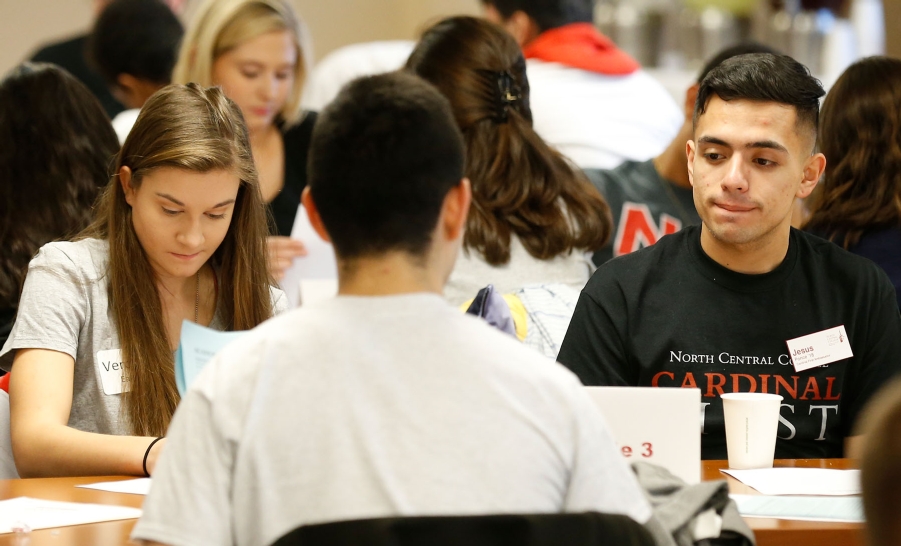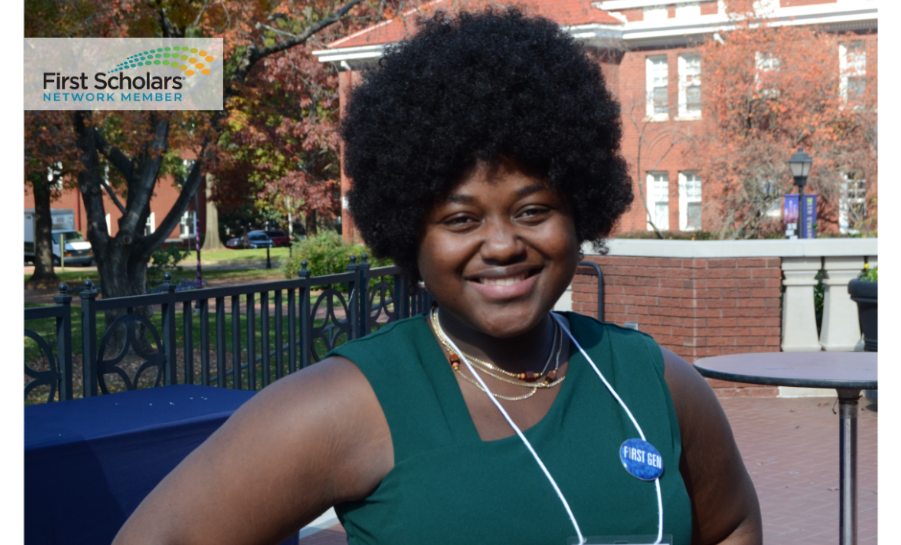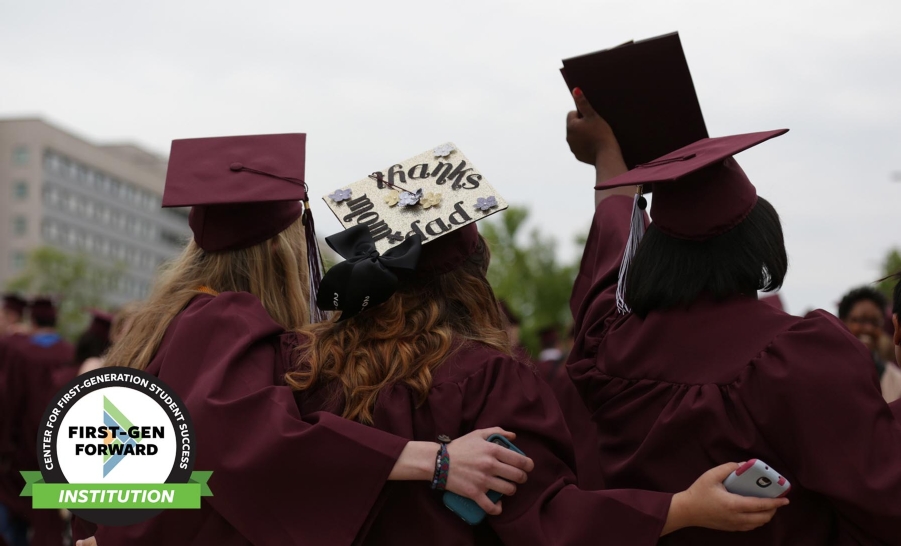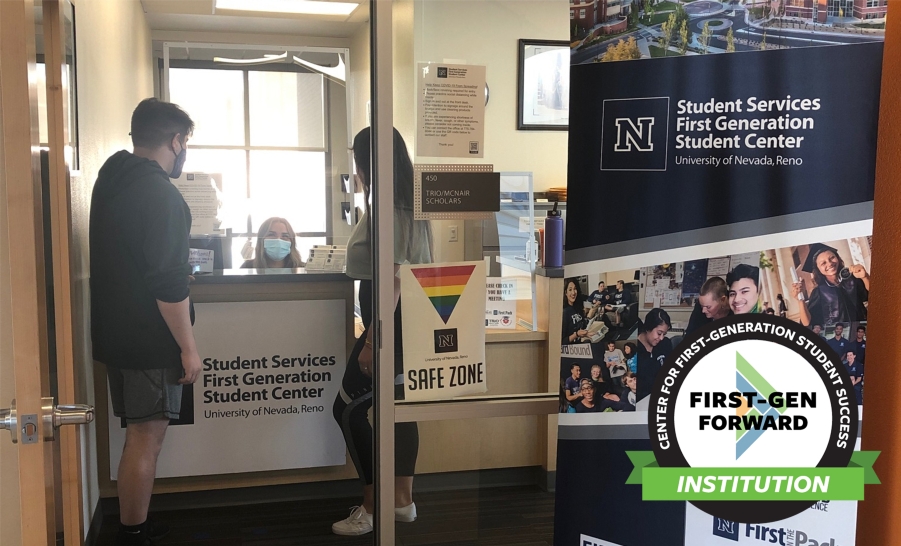Building a Campus Community for First-generation Students: UCLA
La'Tonya Rease Miles, Ph.D. & Symone Morales, M.Ed., University of California, Los Angeles / FirstGen Forward / April 06, 2018
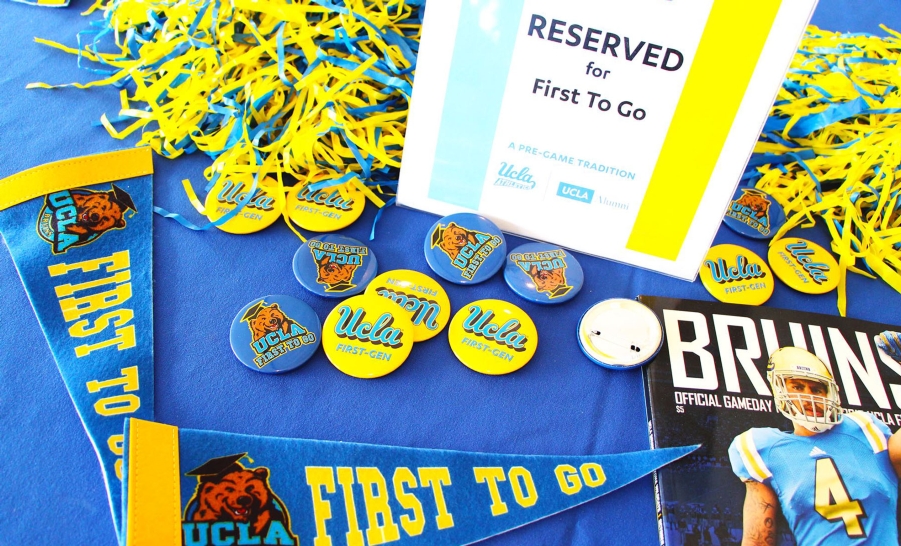
Following the success of the first-ever UCLA First-Generation Institute held in Spring 2017, our campus has made great strides in increasing support for first-generation Bruins. Since then, numerous offices and departments have hosted events and provided opportunities for first-generation students, faculty, staff, and alumni. The campus’ accomplishments range from implementing competency training sessions for faculty and staff to the launch of the First To Go residential living learning community.
Below, we describe some of the lessons learned as we pioneered these initiatives and worked intentionally with our campus colleagues.
#1. Context Matters.
It may come as a surprise to some that over 30 percent of the total UCLA undergraduate population is considered first-generation. National data shows that most first-generation students are at community colleges and are less likely to attend highly selective research institutions such as ours. But many of our students still experience the same challenges as their peers at other institutions. For instance, there is tremendous internal and sometimes external pressure to have a practical major (such as engineering or business) and to contribute immediately to the family income. First-generation Bruins often are plagued by imposter syndrome and self-doubt.
Although there are some general trends and characteristics among this population, when developing programs for first-generation students, it is critical to identify the specific challenges and unique experiences that they face on your campus. Do your students commute or live on campus? Are they over-involved in co-curricular activities or do they tend to vacate the campus when not in class? When developing our initiatives, these are the types of answers that we sought in order to meet students where they are. As a result, our programs tend to address specific needs that are unique to our campus. These include programs with former foster youth, transfer, and undocumented students.
#2. Establish partnerships.
Despite these relatively high numbers of first-generation students, there were few campus programs that intentionally supported this population until about one year ago. Although our office, First Year Experience, was charged with overseeing these initiatives, we knew that institutional change would only take place if campus-wide collaboration occurred.
To that end, we reached out to a number of partners, some of whom may be considered unlikely allies. These included departments not typically affiliated with first-generation students, including Alumni Affairs and Parent & Family Programs. UCLA Admissions has also been incredibly supportive, as they invited us to speak to their staff about first-generation populations and began to re-think how they recruited campus tour guides. Overall, these partnerships span the pipeline of first-generation experience--from outreach through alumni support--not just focusing on new students upon entry.
#3. Get Faculty involved.
One of our biggest allies was individual faculty and academic departments. These included professors who self-identify as first-generation college students themselves. A significant number of them have offered to serve as formal and informal mentors to students, and some of them have even launched their own initiatives. For example, Professor Alejandra Casillas, the first in her family to go to college, is convening first-generation students, faculty, and researchers in the David Geffen School of Medicine. Unsurprisingly, students tend to feel more motivated and supported when they hear about professors who share their backgrounds and experiences.
Perhaps one of the biggest surprises has been the overwhelmingly positive support that we have received from academic departments more generally. Our staff has been asked to share demographic information about first-generation students with the Life Science departments, Ethnic Studies, and the Humanities departments to faculty and Teaching Assistants who are interested in increasing their awareness and updating their pedagogical practices to better serve first-generation students.
#4. Listen to students.
Last but certainly not least, we attribute much of our success to simply listening to students. They have been instrumental in shaping the direction of UCLA First To Go. We ask them about their concerns, desires, fears, and successes, and we have shaped our program accordingly. They have been active on the UCLA First Generation Students Facebook group and have been building community with one another. Students should be incorporated into every stage of the administrative process, whether as paid staff or volunteer advisory board members.
